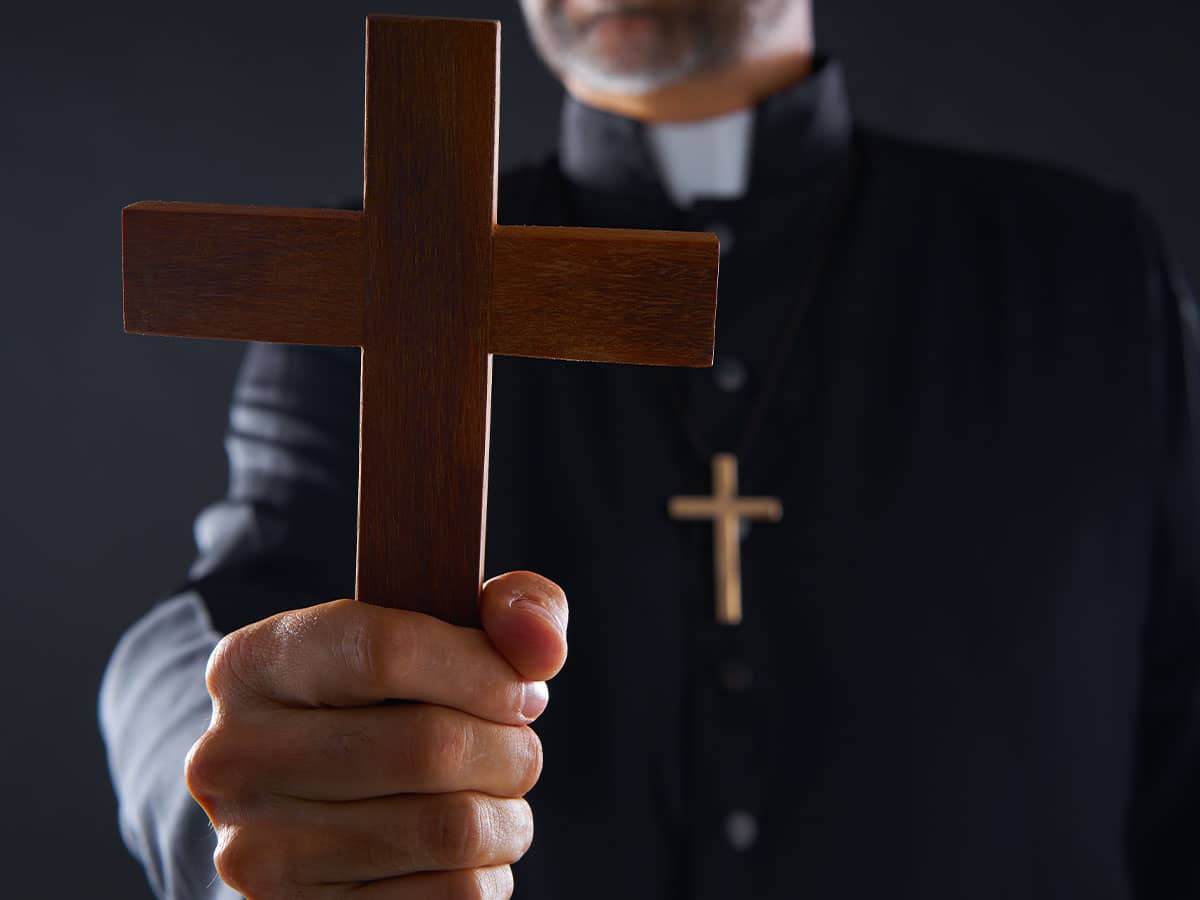NEW YORK (AP)--Three people who were allegedly molested by Roman Catholic priests have been asked to address American bishops at their convention next week on ending the sex abuse crisis consuming the church.
A group of victims will also meet privately with three cardinals on the eve of the conference, and will address a closed session of the bishops' panel devising a national policy on disciplining errant clergy.
Michael Hurley, a spokesman for the United States Conference of Catholic Bishops, confirmed the plans Friday.
The names of the three victims addressing the full meeting were not released. But David Clohessy, director of the Survivors Network of Those Abused by Priests, said he was among those invited and will speak when the three-day gathering starts next Thursday in Dallas.
``If you want to change people's hearts and minds, the best way to do that is eyeball to eyeball in a small intimate setting,'' Clohessy said.
The meetings were finalized late Thursday, the same day Clohessy's group filed a lawsuit in Minnesota against the bishops' conference and several dioceses, seeking to void confidentiality agreements in settlements with victims. Hurley could not say whether the lawsuit would prevent church leaders from talking privately with members of SNAP.
About 25 victims will meet Wednesday with Cardinals Roger Mahony of Los Angeles, Theodore McCarrick of Washington, D.C., and William Keeler of Baltimore, and separately with the Ad Hoc Committee on Sexual Abuse.
Victims have met before with Mahony and other church leaders - individually and in larger groups. A victim, whose name has not been released, also advised the eight-member Ad Hoc Committee as it drafted its proposed sex abuse policy over the last several weeks.
Clohessy said he had not decided what he was going to say to the bishops, but anticipated he would urge church leaders to set up mechanisms to monitor how they handle abuse claims in the future.
``We want the focus to include not just the so-called rogue priests, but the bishops themselves and accountability and some structural, long-term change,'' he said.

